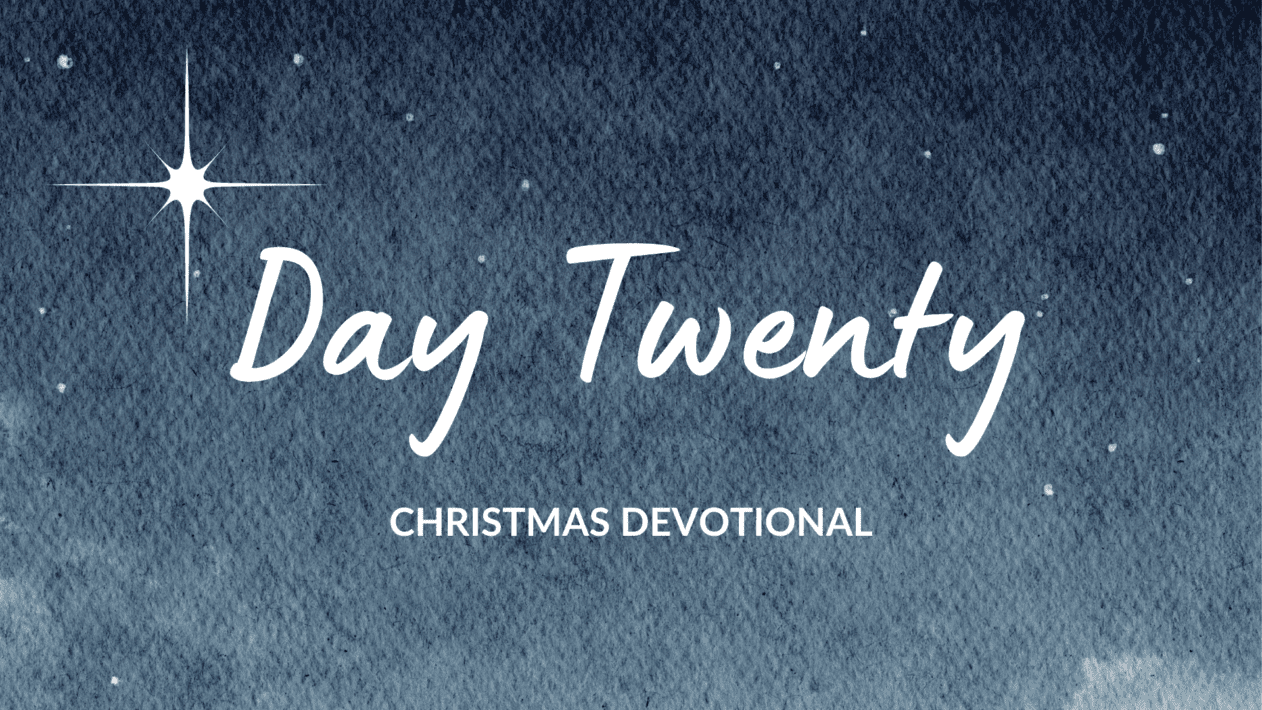Why did God summon the Magi for Christ’s birth?
Matthew 2:1-2, Matthew 2:9-11
From before the foundation of the world, God had planned to save a vast number from every tribe and language and people and nation. When he called Abram out of Ur of the Chaldees, he said that through his offspring, all peoples on earth would be blessed. God is not the God only of Jews but of Gentiles also. (Rom. 3:29) So while he was primarily revealing his saving plan with ever-increasing clarity to the Jewish nation alone, he was also providentially working in other nations, preparing them to hear the gospel at the right time.
Part of that preparation was the diaspora of the Jews throughout the realms of the Gentile nations that conquered them, including the Babylonians. The Jews that were exiled there brought with them the ancient scrolls of the prophets and their hope that the prophecies of the coming King would still be fulfilled. Daniel was among those hope-filled exiles. He was established in the court of King Nebuchadnezzar and was trained to be among his counselors. Those counselors were of various ranks and types and were listed several times in the Book of Daniel, including Daniel 2:2: “The king summoned the magicians, enchanters, sorcerers, and astrologers…” The precursors to the Magi of Matthew 2 almost certainly were among that group. The word “Magi” links them to a priestly caste of the Medes, according to the ancient historian Herodotus. They were active throughout Babylon, Persia, and the entire Mesopotamian region during the Old Testament era and were priests of the Zoroastrian religion. Zoroastrianism was the official state religion of Persia and the dominant religion throughout the ancient near east in the centuries before Christ. It is amazingly still practiced today by the Parsees of India, who fled Persia when the Muslims came to power.
“The Magi coming all the distance from the east represent God’s intention that Christ receive worship from distant tribes and languages and nations.”
Zoroastrianism has some parallels to Judaism: monotheism, animal sacrifice, a hereditary priestly class like the Levites who would offer the blood sacrifices for the sins of the people. But the religion was a Satanic counterfeit: the Zoroastrian priests employed the occult—sorcery, wizardry, astrology, witchcraft… things directly forbidden in the scripture. The ancient world tended to blend superstition and science; there was little difference in their mind between the science of astronomy (studying the position and movement of the stars) and astrology (the occultic use of the stars to predict human affairs). The Magi were experts at both, and they were so highly esteemed that they came to be greatly desired as counselors to the kings of the ancient Near East; they rose to positions of power in the courts of the kings in the Babylonian, Medo-Persian, and Greek empires. We get the word “magistrate” from the word “Magi,” so also the Latin word for “teacher” is “magister”.
The Magi that came to see Jesus were more than just stargazers, however. They had specific content about the child whose birth and birthplace the star indicated. This content could only have come from God, most likely by the prophets of Israel. Daniel may well have sowed seeds of prophecy that were passed down for six centuries among the Magi until the time came for Jesus to be born.
The Magi coming all the distance from the east represent God’s intention that Christ receive worship from distant tribes and languages and nations. The gifts they gave represent their hearts of worship, which is exactly what they did when they presented them. When the saving plan of God worldwide is accomplished, there will be countless other gifts of love and worship offered to Christ by Gentiles who have been led by scripture and providence to find him. How amazing will our heavenly fellowship be, enriched by their testimonies!



